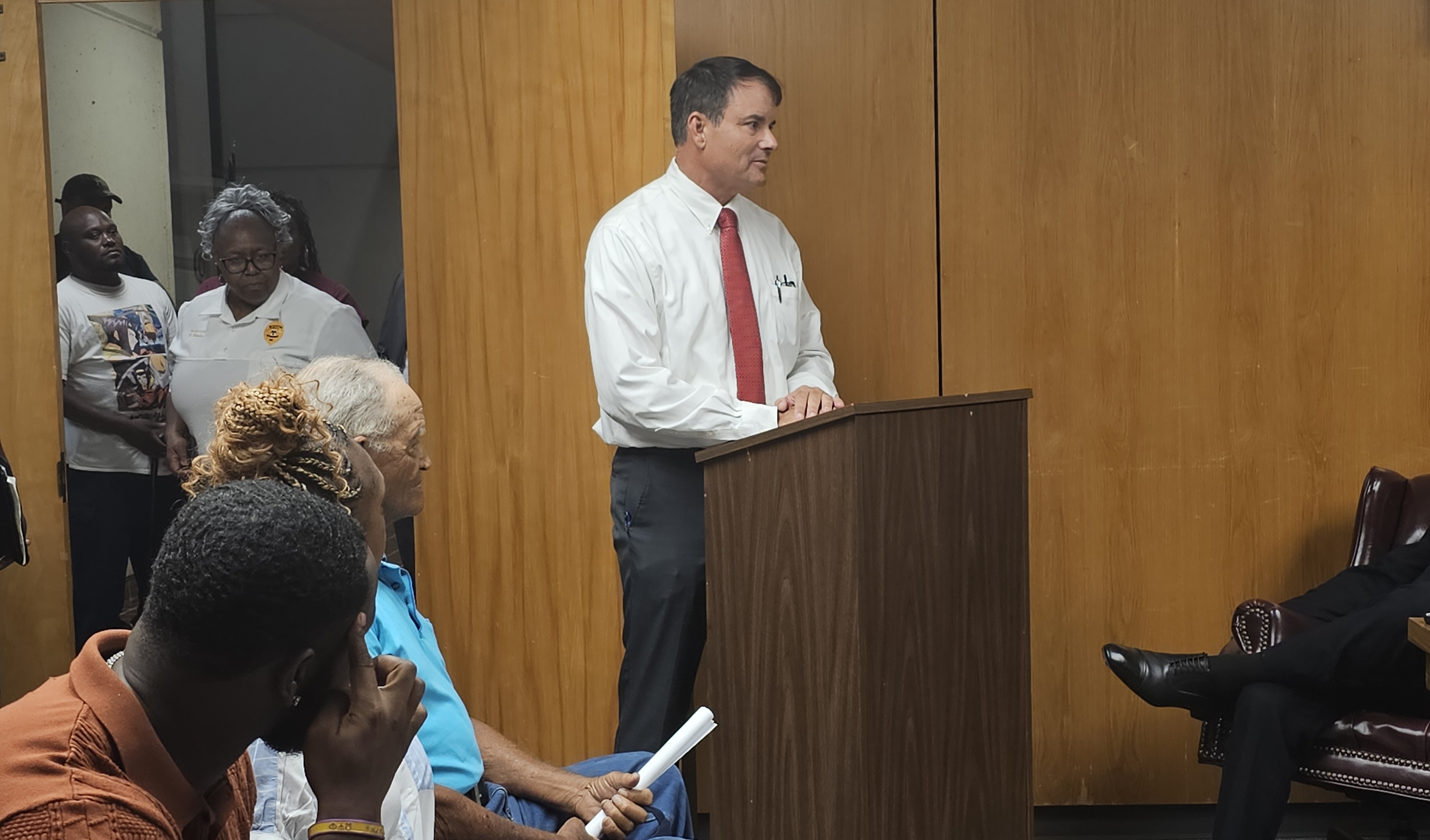Demolition debris dispute develops
Published 7:02 pm Wednesday, June 9, 2010
Lincoln County supervisors on Monday found a private citizen’sconstruction project to be in violation of a county ordinance andpossibly statewide environmental laws after a team of his neighborsorganized and complained to the board.
Greenwood Lane landowner John Lenoir was ordered to ceasegathering construction waste from the demolition of the CarverHeights housing project in Brookhaven, concrete and brick debris hehad allowed the contractor to dump on his property. After a livelyplea from area residents for supervisors to halt Lenoir’s projectand confusion over the role of the Mississippi Department ofEnvironmental Quality in the affair, supervisors held the landownerin violation of the county litter ordinance and ordered the dumpingstopped until further clarification.
“The bottom line is, if you take your ordinance and nothingelse, it’s in violation,” board attorney Bob Allen toldsupervisors. “Until we’ve heard from DEQ on this, I say we shut itdown.”
Lenoir told supervisors the debris being brought to him from theCarver Heights site by Alabama-based demolition contractor DHGriffin Wrecking Co. would be used to construct a base for a roadhe planned to build to the back of his property. Neighborscountered no work was being done on the road and argued thatmaterials from Carver Heights, built in 1952, could containasbestos and lead paint.
Lincoln County Litter Control Officer Ronnie Durr said MDEQagents inspected the site last week and deemed Lenoir’s collectionof waste met guidelines as a beneficial fill. The department allowssuch build-ups to be used as filler to stop erosion projects andother problems.
Durr told supervisors the concrete and masonry waste Lenoir hadgathered was free of wood, carpet or other interior materials thatmight contain dangerous chemicals. Those materials are beingdisposed of in a designated landfill in Pike County, he said.
But Durr still questioned whether Lenoir’s project would meetguidelines in the end.
“Building a road is not classified as a beneficial fill becauseit’s not being buried in the ground,” Durr said.
Supervisors had plenty of legal authority to throw the brakes onLenoir’s road project, but the second half of Greenwood Laneresidents’ complaints was not so clear. Lenoir also stores dozensof junked cars on his property, with several organized like a fencealong the roadside.
The county has no ordinance preventing Lenoir from junking uphis property and likely no authority to make him clean it up, alack of means that stuck in the craw of Dr. Dorothy Alexander, wholives next door and has come before supervisors concerning thejunkyard three times now.
“If we decided to sell our property, we’d have to go well belowthe appraisal value, because who wants to live next to that?” shesaid. “It erodes our property values. There are many houses outthere in excess of $300,000. If you owned that house and paid thosekinds of taxes, would you like to have a junkyard in yourneighborhood?”
The junked cars are also a health hazard to motorists andneighborhood children, Alexander said.
Alexander came to the meeting armed with a copy of an ordinancefrom Leflore County that prohibits junkyards like Lenoir’s anddistributed it to supervisors, urging them to consider adopting asimilar ordinance for Lincoln County. Supervisors took the matterunder advisement.




